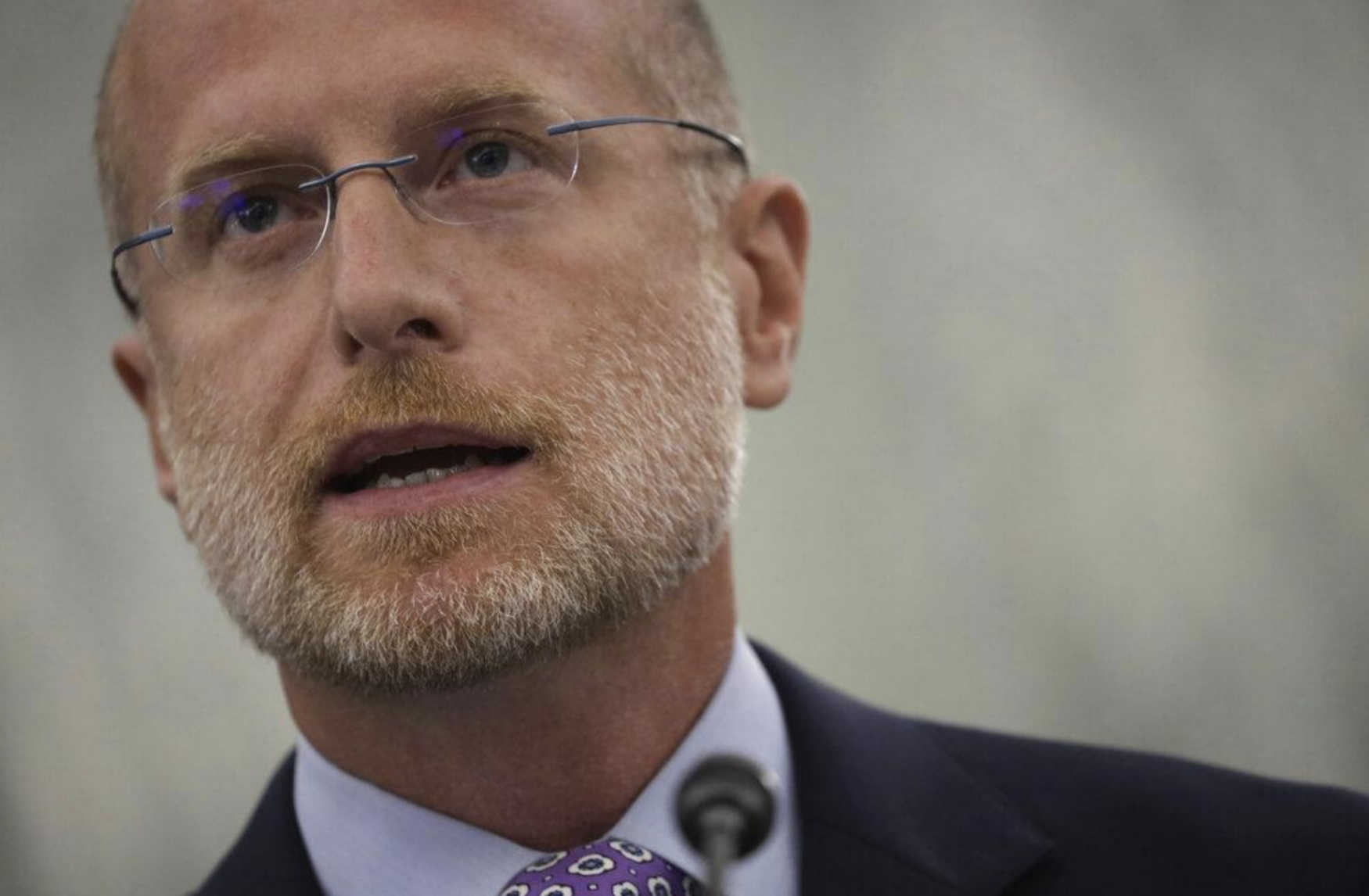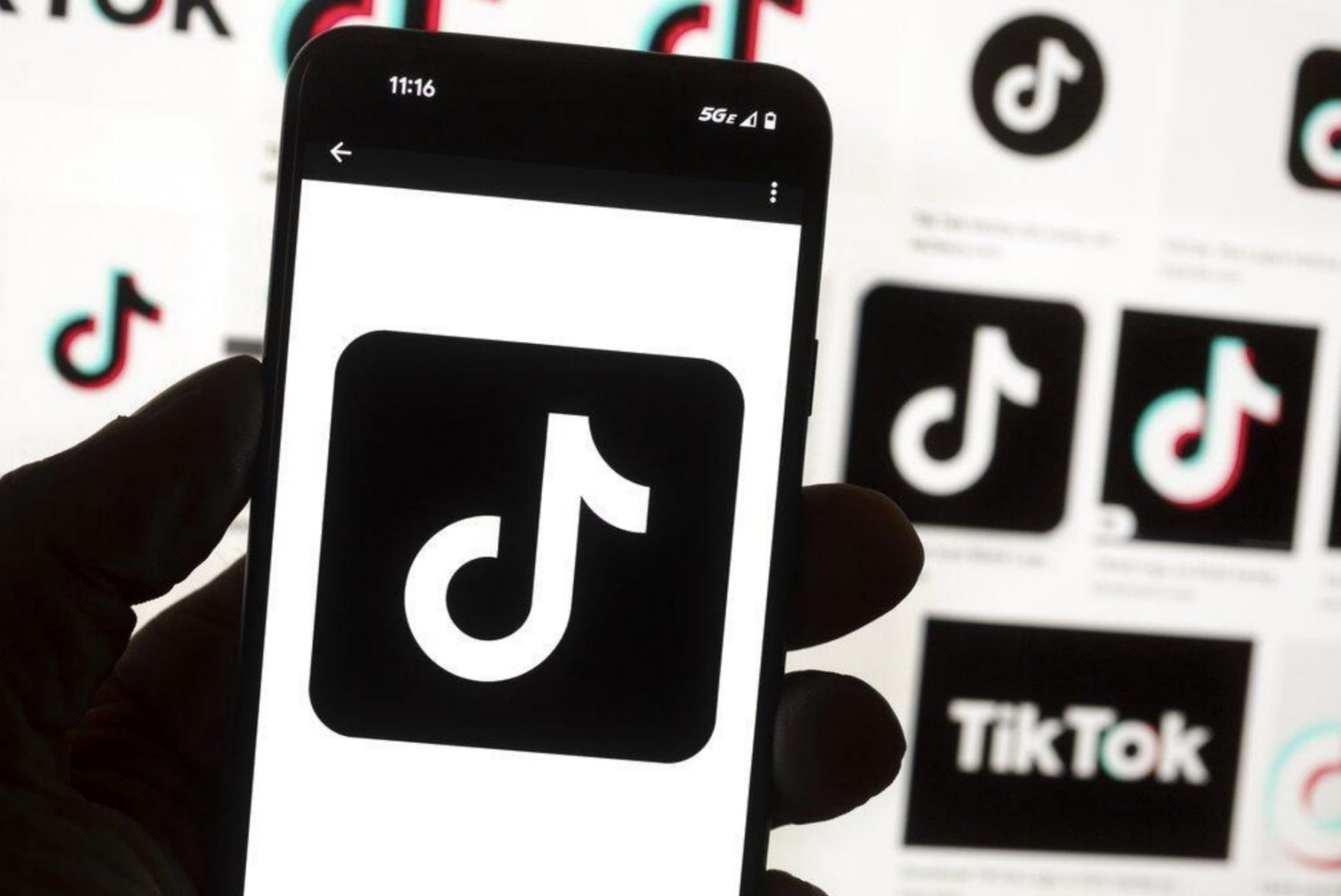FCC Commissioner Urges U.S. Government to Ban TikTok App
Brendan Carr speaks during a Senate Commerce, Science, and Transportation Committee hearing to probe the FCC on Capitol Hill in Washington on June 24, 2020. Photo: Alex Wong / AP Newsroom
In an interview with Axios published Tuesday, Federal Communications Commission (FCC) Commissioner Brendan Carr urged the Council on Foreign Investment in the United States (CFIUS) to take steps to ban TikTok due to its ownership from ByteDance, a Chinese company.
Carr noted national security concerns about China acquiring data from US citizens, and the risk of state actors underhandedly influencing political processes in the United States through the app. “I don’t believe there is a path forward for anything other than a ban,” Carr stated in reference to reports about how TikTok and ByteDance handle US user data.
This is not the first time US officials, including Carr, voiced the desire to ban the app within the country, especially as Tiktok gained exponential growth in popularity. The Trump administration previously sought to get the app banned in 2020 with no success. Now, with more than 200 million downloads, Americans utilize the social media app as a mainstream method to receive news and spread information while reaching wider audiences.
Back in June, Buzzfeed released a review citing leaked audio from more than eighty internal TikTok meetings revealing that Chinese employees of ByteDance often accessed nonpublic data about US TikTok users. Additionally, security researcher Felix Krause discovered that TikTok monitors everything users type when they use the in-app browser. These accounts also follow a security report released in 2020 by developers Tommy Mysk and Talal Haj Bakry which found that multiple apps, including TikTok, spy on users’ iPhone clipboards without their knowledge. In response to these issues, Carr sent letters to Apple and Google asking for the removal of the app from their stores, specifying concerns about US data flowing back to China.
More recently, a report from Forbes revealed that ByteDance planned to use TikTok to monitor and access location data from some US users’ devices without their knowledge or consent. This reinvigorated national security fears that US data might be used for possible corporate espionage from the Chinese government.
The TikTok logo on a cell phone on Oct. 14, 2022, in Boston. Misinformation about mail ballots, vote tallying, and certification has spread in light of the 2022 midterm elections. Conspiracy theories about the 2020 election spread on TikTok also helped spur the Jan. 6, 2021 attack on the U.S. Capitol. Source: Michael Dwyer / AP Newsroom
Currently, Tiktok and the CFIUS are negotiating potential proposals with the Biden administration to relieve part of its business to an American company. Carr, however, expressed he finds it unlikely that the parties will agree on solutions.
“Perhaps the deal CFIUS ends up cutting is an amazing, airtight deal, but at this point, I have a very, very difficult time looking at TikTok’s conduct thinking we’re going to cut a technical construct that they’re not going to find a way around,” Carr told CNN. According to Carr, there is little assurance that efforts to create sufficient protection of US user data with TikTok will not be within the grasp of the Chinese Communist Party.
In a statement to Axios, a TikTok spokesperson stated “Commissioner Carr has no role in the confidential discussions with the U.S. government related to TikTok and appears to be expressing views independent of his role as an FCC commissioner. We are confident that we are on a path to reaching an agreement with the US Government that will satisfy all reasonable national security concerns.”
TikTok previously maintained that US user data is stored outside of China to withhold the Chinese government's access to private information. The company also stated that it does not comply with the content moderation requirements outlined by the Chinese government. In June, TikTok noted that all US user traffic goes through Oracle servers, which it deemed a trusted technology provider. However, TikTok announced on Thursday, Nov. 3 that Chinese staff would be allowed remote access to the personal data of its European users after Carr called for a ban.
There are no signs that TikTok will be banned in the country despite Carr’s beliefs. The FCC doesn’t have the authority to regulate TikTok, but it can use its influence to push government entities that can. Unfortunately for the FCC, a growing numberof US politicians use TikTok to promote their campaigns and connect with voters. If a ban does occur, US creators on the platform will need to find alternatives.


